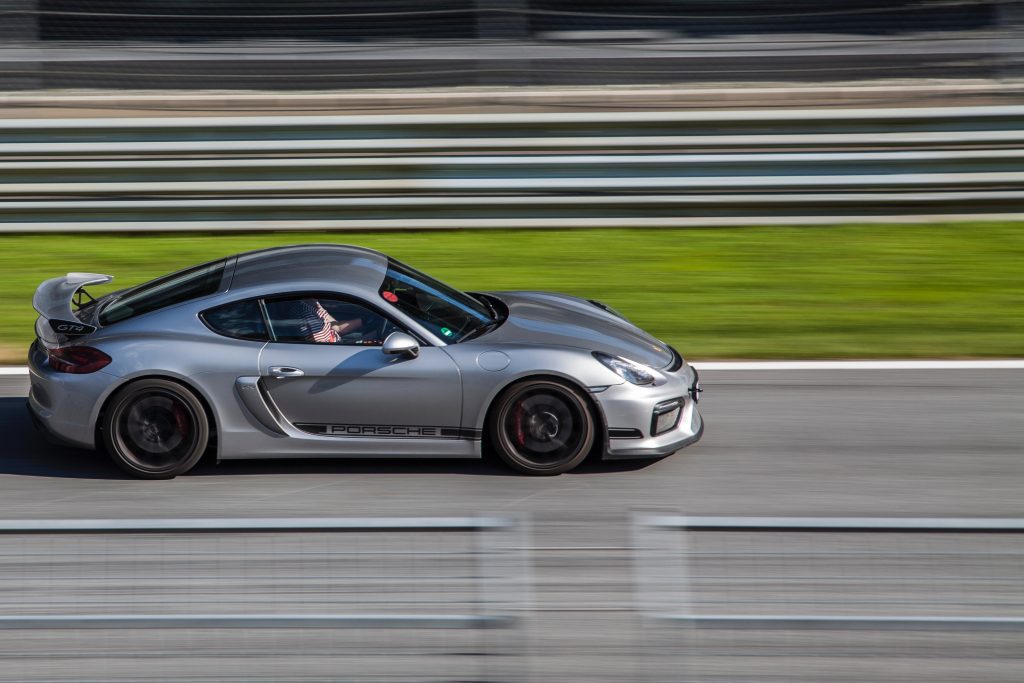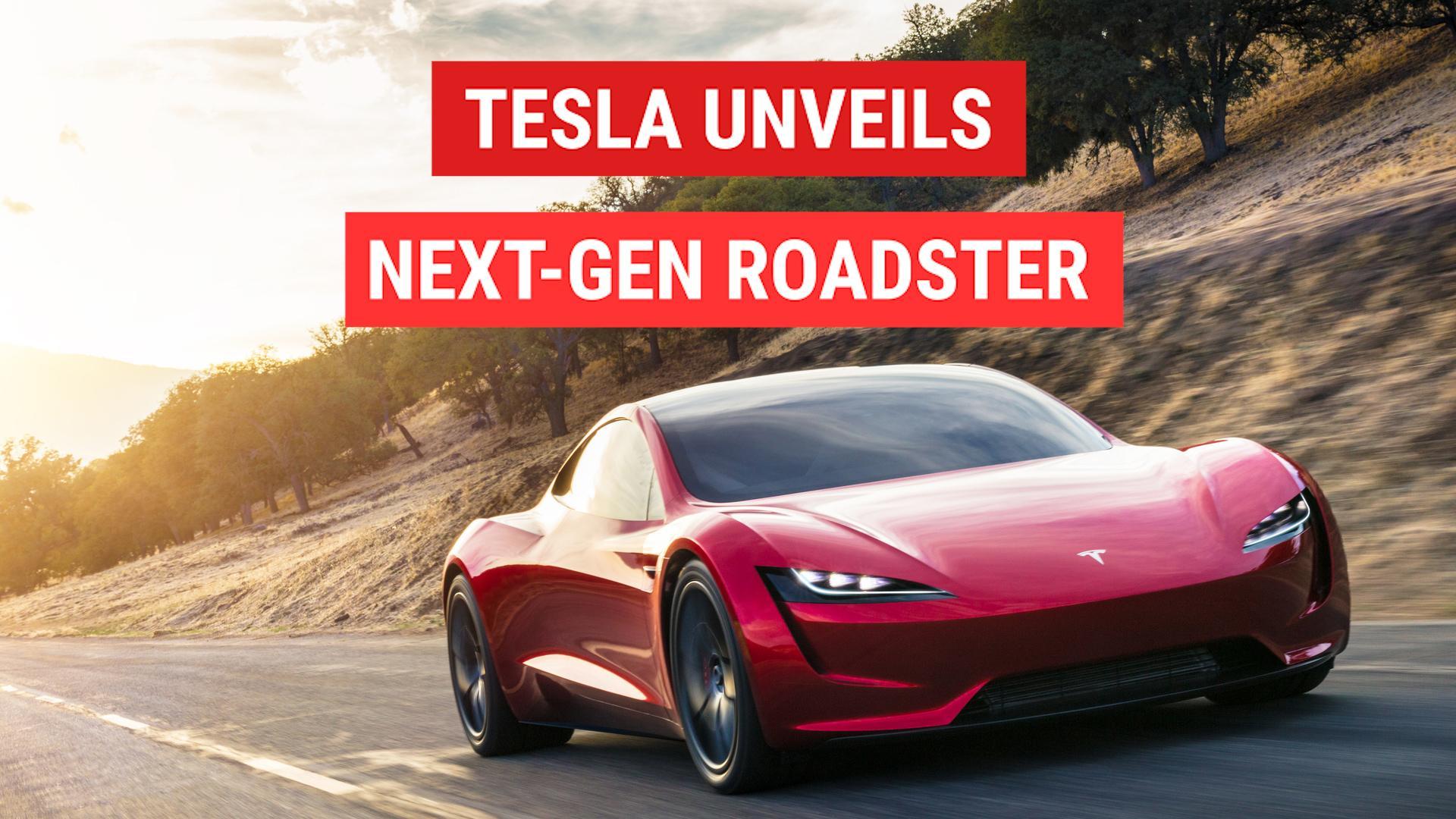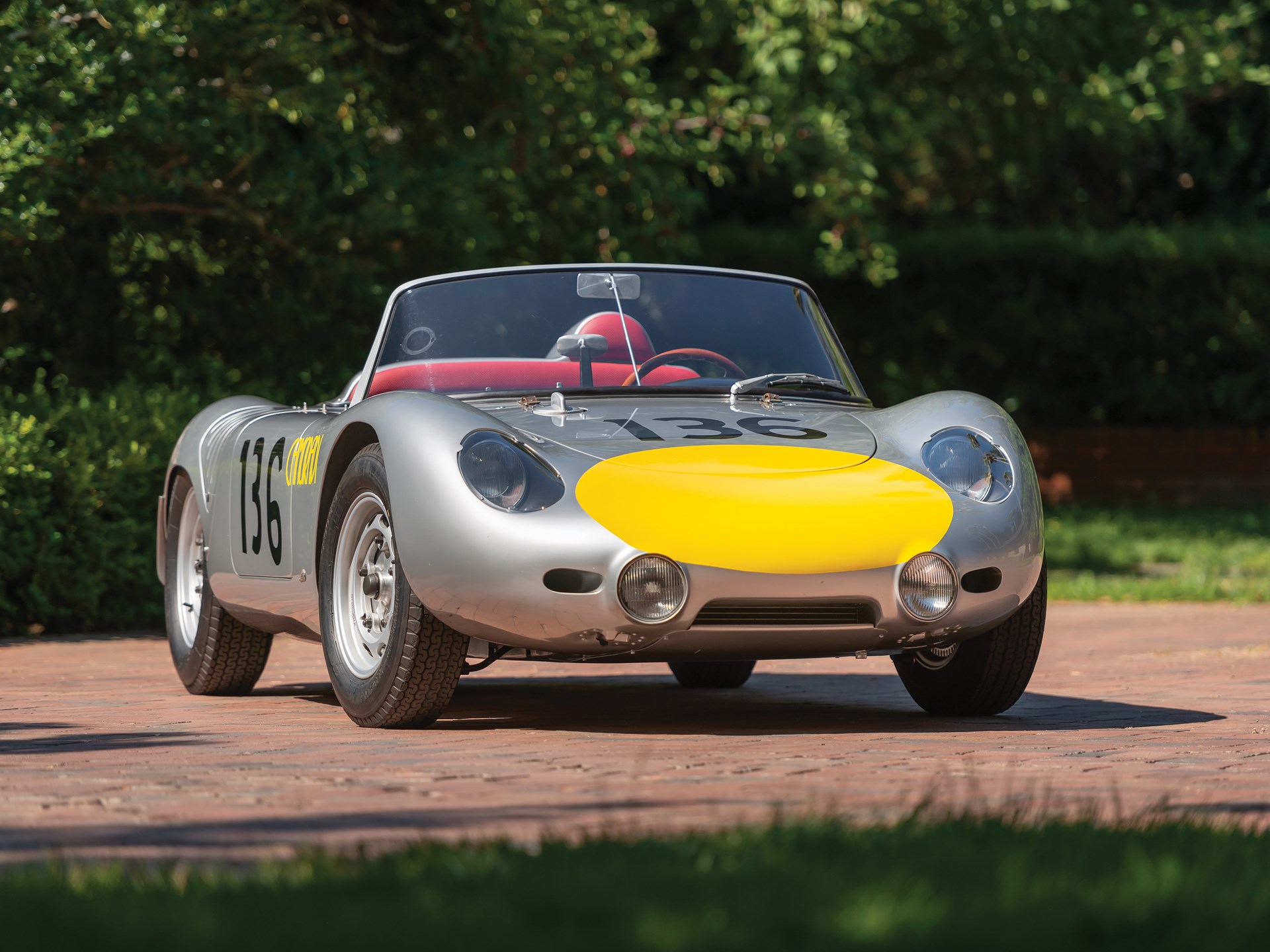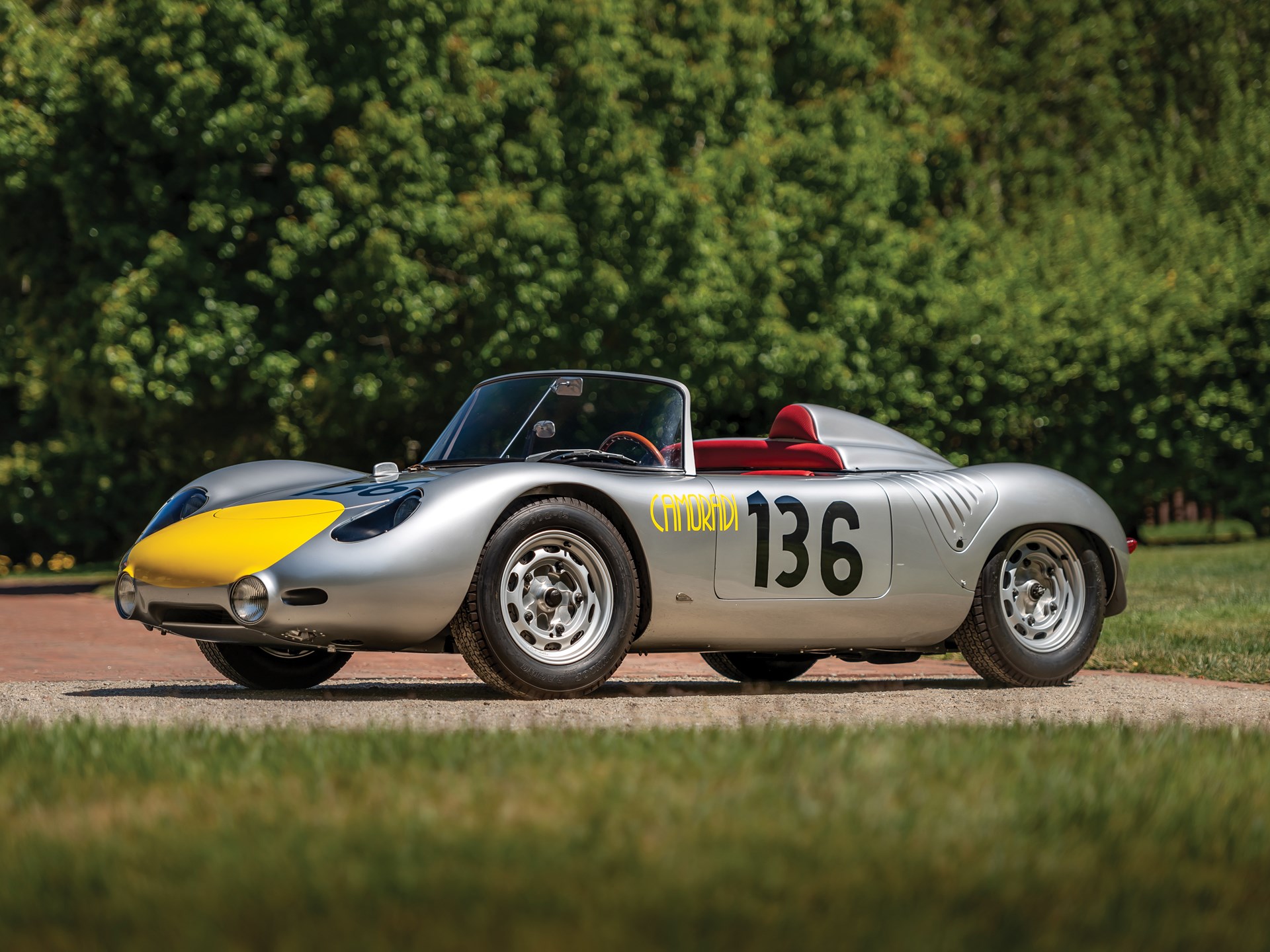Unleashing Power: Porsche Zero To 60 Times Explained
Share

When it comes to performance metrics in the automotive world, few figures are as revered as the zero to 60 time. For Porsche enthusiasts, the acceleration from a standstill to 60 mph encapsulates the essence of what makes a Porsche, well, a Porsche. This article dives deep into the significance of zero to 60 times in the Porsche lineup, highlights some of the fastest models, and discusses how these times reflect engineering excellence.
Understanding Zero to 60 Times
Zero to 60 mph measures how quickly a car can accelerate from a complete stop to 60 miles per hour. It's a benchmark that many manufacturers use to showcase their vehicle's performance capabilities. In the high-performance world of sports cars, such as those in the Porsche lineup, these numbers not only indicate speed but also resonate with enthusiasts’ aspirations for excitement, power, and thrill.
The Importance of Zero to 60 Times in Porsche Cars
In the realm of sports cars, acceleration is one of the key performance indicators that buyers consider. The reasons are manifold:
-
Performance Credibility: Zero to 60 times establish a car's performance credibility. When Porsche claims that the 911 Turbo S can sprint from 0 to 60 in just 2.6 seconds, it speaks volumes about the engineering sophistication behind the vehicle.
-
Driving Experience: Acceleration contributes significantly to the overall driving experience. A car that can quickly respond to the driver's commands enhances the thrill of driving, something that Porsche aims to provide.
-
Track and Road Capabilities: Fast acceleration isn't just for bragging rights. It also indicates a vehicle's capabilities on both the racetrack and regular road use. A potent zero to 60 time translates to superior handling and maneuverability.
Porsche Models and Their Zero to 60 Times
1. Porsche 911 Turbo S

The Porsche 911 Turbo S holds the crown for one of the fastest zero to 60 times in the manufacturer's lineup. With an astonishing time of just 2.6 seconds, the Turbo S marries power and precision with its 640 horsepower turbocharged engine. The 911 Turbo S doesn’t just accelerate rapidly; it does so with a level of stability and control that’s emblematic of Porsche’s engineering legacy.
2. Porsche Taycan Turbo S

The introduction of the Taycan Turbo S broke new ground for Porsche, marking its foray into the electric vehicle (EV) market. Featuring a blistering zero to 60 time of 2.4 seconds, the Taycan Turbo S demonstrates that electric vehicles can compete with traditional internal combustion engines. This remarkable performance is a testament to the advanced technology and engineering prowess that Porsche has put into its EV lineup.
3. Porsche 718 Cayman GT4

For those who favor a more purist driving experience, the 718 Cayman GT4 presents a thrilling option with a zero to 60 time of around 3.7 seconds. This model maintains a traditional naturally aspirated flat-six engine, allowing enthusiasts to indulge in the symphony of roaring horsepower while reveling in the precision that only a Porsche can offer. The Cayman GT4 is an embodiment of the brand's spirit, showcasing that performance is achievable without sacrificing the joy of driving.
4. Porsche 911 GT2 RS

The 911 GT2 RS stands as one of the most powerful and ultimate track-focused Porsches, boasting a breathtaking zero to 60 time of just 2.7 seconds. Powered by a 690 horsepower twin-turbo flat-six engine, the GT2 RS doesn't just accelerate; it catapults you into the driving experience, providing g-forces that connect you closely with the road—and the racetrack beyond.
What Affects Zero to 60 Times?
Several factors contribute to the zero to 60 times in Porsche models:
-
Weight: Lighter vehicles accelerate faster. Porsche specializes in lightweight construction materials, which enhance their cars' agility and speed.
-
Powertrain: Engine displacement, turbocharging, and hybrid technologies can drastically affect acceleration metrics. Porsche's focus on power-to-weight ratios ensures that their sports cars deliver impressive numbers.
-
Tires and Traction: The type and condition of the tires play a crucial role in acceleration. Porsche invests in high-performance tires that deliver optimal grip, contributing to improved zero to 60 times.
-
Aerodynamics: The sleek and iconic design of Porsche vehicles aids in reducing drag, allowing for better acceleration dynamics at higher speeds.
Conclusion
Porsche's zero to 60 times are not merely numbers; they represent a commitment to performance, precision, and driving passion. From the 911 Turbo S to the Taycan Turbo S, the German automaker continues to redefine what's possible in the world of performance cars. Each model brings its own unique blend of technology and design, showcasing Porsche's relentless pursuit of automotive excellence.
As we marvel at the impressive acceleration figures and the engineering that makes them possible, we realize that owning a Porsche is much more than possessing a car—it's about embracing a heritage of speed, power, and the pure joy of driving. Whether you're a longtime enthusiast or a newcomer to the Porsche world, the thrill of experiencing the roar of the engine and the rush of acceleration is unlike any other. Keep driving, keep dreaming, and continue to explore the remarkable universe of Porsche.